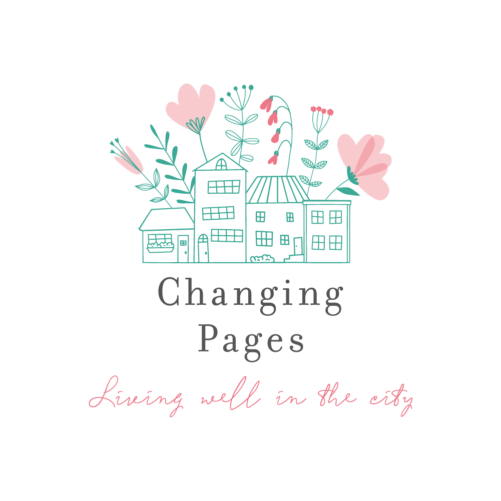This is a book that has lurked under my coffee table for some time now. It was left at our house by a friend who insisted it was a good read. My reluctance to give it a go was probably a combination of the subject matter and if i’m perfectly honest I thought it looked like more of a blokes book – ridiculous I know. However having recently read a review of it on The Unlikely Bookworms Blog and with an impending trip to Berlin, I was reminded of it again and persuaded myself to give it ago.
For the first 70 pages or so I thought my initial misgivings were going to be proved right as I struggled to find my feet with it. Numerous characters with difficult names to pronounce and roles that I couldn’t immediately grasp didn’t help. Despite this I somehow knew it was going to be worth persevering and once I had been to Berlin the novel slotted right into place in my little brain. Having more of an understanding of Berlin certainly helped me appreciate and understand the significance of it.
Alone in Berlin was published soon after the end of the 2nd world war in recognition of those that had suffered and stood firm in the face of unimaginable suffering and pain. Fallada describes it as being dedicated to life “invincible life always triumphing over humiliation and tears, over misery and death”.
Otto and Anna Quango, are an ordinary couple of humble means live in Berlin. The death of their only son fighting at the front, changes them to extraordinary as together they wage a silent protest against Hitler and Nazi Rule. They write postcards denouncing Hitler and all he stands for and drop them anonymously throughout the city. A two year chase begins as Inspector Escherich attempts to catch the unknown perpetrators of this unforgivable crime. Otto and Anna are not deterred despite knowing that if caught they face imprisonment and execution.
The further I got in to the book the more engaged I became forever willing Otto and Anna on but always with the underlying dread that they may be caught. Other characters are cleverly woven into the story many of whom lose their lives at the mercy of the Nazi regime. Despite the murkiness and the cruelty within this book there is also hope and truth and life. Fallada himself led a troubled life and sadly died in 1947 before his most well known book was published.
This is by no means an easy read and I was left feeling somewhat heavy-hearted and troubled. However, it’s worth the perseverance and the shock. This is a book to be read in thankfulness and humility as we recognise the needless suffering of so many, subjected as they were to unthinkable cruelty by fellow man.

